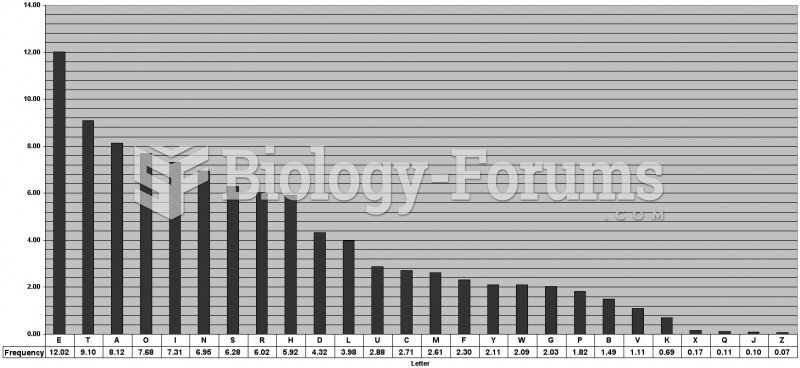Answer to Question 1
Correct Answer: 2
Rationale 1: There is no evidence to support the claim that sea salt is more effective than any other kind of salt.
Rationale 2: The kidneys are responsible for maintaining normal sodium levels. If there is sodium depletion, the kidneys will conserve any saltin this case, lithium (Eskalith). This will lead to lithium (Eskalith) toxicity.
Rationale 3: Drinking 1 to 1.5 L of water per day of water is important, but does not substitute for adequate sodium chloride intake.
Rationale 4: Instructing a client to increase salt if toxicity occurs is inappropriate because the client must try to avoid toxicity, not treat it after it occurs.
Global Rationale: The kidneys are responsible for maintaining normal sodium levels. If there is sodium depletion, the kidneys will conserve any saltin this case, lithium (Eskalith). This will lead to lithium (Eskalith) toxicity. There is no evidence to support the claim that sea salt is more effective than any other kind of salt. Drinking 1 to 1.5 L of water per day of water is important, but does not substitute for adequate sodium chloride intake. Instructing a client to increase salt if toxicity occurs is inappropriate because the client must try to avoid toxicity, not treat it after it occurs.
Answer to Question 2
Correct Answer: 3
Rationale 1: Orientation would be the last priority.
Rationale 2: Level of consciousness would be the third priority.
Rationale 3: The client who undergoes ECT receives anesthesia and is intubated while receiving ECT. Immediately following treatment, the client is extubated; therefore, airway is the first priority.
Rationale 4: Vital signs would be the second priority.
Global Rationale: The client who undergoes ECT receives anesthesia and is intubated while receiving ECT. Immediately following treatment, the client is extubated; therefore, airway is the first priority. Orientation would be the last priority. Level of consciousness would be the third priority. Vital signs would be the second priority.







